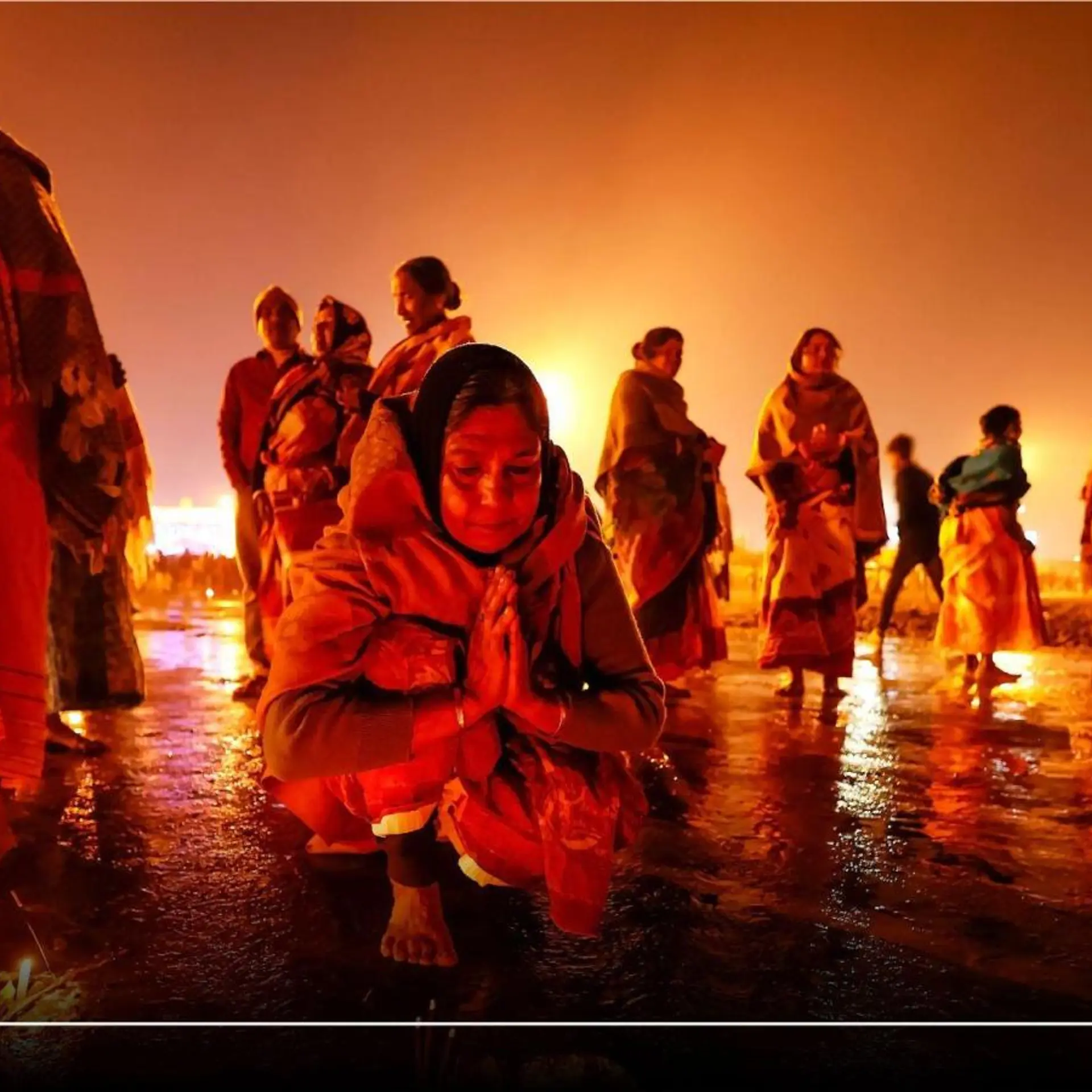WTO meet: India seeks permanent solution to food security; protect fishermen, farmers interest
India will strongly oppose a China-led proposal for an investment facilitation pact besides pressing for finding a permanent solution to public stock holding of grains for food security and protection of the interests of fishermen at the WTO ministerial meeting beginning Tuesday.
India will strongly oppose a China-led proposal for an investment facilitation pact besides pressing for finding a permanent solution to public stock holding of grains for food security and protection of the interests of fishermen at the WTO ministerial meeting beginning Tuesday.
The Indian delegation is led by Commerce and Industry Minister Piyush Goyal. The four-day 13th ministerial conference (MC13) will start on February 26 in Abu Dhabi, the United Arab Emirates (UAE).
Trade ministers of 164 member countries of the World Trade Organisation (WTO) are meeting against the backdrop of the uncertain global economic situation due to the Red Sea crisis, the Ukraine-Russia war and the Israel-Hamas conflict.
The key issue of India's interests at the meeting relates to finding a permanent solution for its minimum support price (MSP) issue for food security, agricultural reforms, fisheries subsidies, e-commerce moratorium on import duties, dispute settlement, and WTO reforms.
*Food security issues
The public stock-holding (PSH) programme is a policy tool under which the government procures crops like rice and wheat from farmers at MSP, and stores and distributes foodgrains to the poor.
India stresses the need for PSH for its large, vulnerable population and wants a permanent solution from the MC13. Food procurement, stockholding, and distribution are crucial to India's food security strategy.
MSP is normally higher than the prevailing market rates and sells these at a low price to ensure food security for over 800 million beneficiaries. However, the WTO's Agreement on Agriculture limits the ability of a government to purchase food at MSP.
Under global trade norms, a WTO member country's food subsidy bill should not breach the limit of 10 per cent of the value of production based on the reference price of 1986-88.
As part of the solution, India has asked for measures like amendments in the formula to calculate the food subsidy cap. Developed nations are of the view that such programmes distort global trade prices of food grains.
*Joint Support Initiatives (JSIs) or plurilateral agreements
India opposes this move being pushed for certain nations. For example, India is strongly opposing efforts of a group of countries led by China to push a proposal on investment facilitation for development agreement at the WTO.
The country has maintained that this agenda falls outside the mandate of the global trade body.
According to experts, the attempt of the group to integrate the proposal into the WTO has systemic concerns for the organisation and it would impact developing nations in pursuing their interest in future.
*Agricultural reforms
India's stance is to protect farmer livelihoods and ensure equitable market access. However, developed nations are pushing to reduce domestic support and increase market openness irrespective of the fact that they themselves provide large subsidies to their rich farmers.
*WTO reforms
India advocates for inclusive reforms that consider developing countries' interests, against the backdrop of developed nations' proposals for flexible negotiation processes, dropping of decision-making by consensus and the integration of non-trade issues into WTO without consensus.
India supports efforts to improve the working of the WTO but its key pillars like special and differential treatment for less developed and developing nations, equal voice and dispute settlement mechanism should be retained while undertaking reforms, an official said.
India also seeks a revamp of the Appellate Body to ensure fairness, facing off against the USA's reluctance to do so and EU's proposal for alternate mechanisms.
The US, a frequent participant in WTO disputes, has been obstructing the process due to dissatisfaction with inefficiencies and perceived overreaches by the WTO's judiciary.
*Fisheries subsidies
The members have already reached the first part of the agreement in 2022 under which subsidies will be prohibited for illegal, unreported and unregulated (IUU) fishing.
Now they are negotiating to curb subsidies that contribute to overfishing and overcapacity with a view to promoting sustainable fishing.
India champions a balanced approach on the principle of common but differentiated responsibilities, an expert said.
India, being a low fisheries subsidizer, emphasizes that advanced fishing nations that have historically provided substantial subsidies and contributed to fish stock depletion should bear more responsibility based on the 'polluter pay principle'.
"Our top priority will be to protect the interest of poor fishermen. About 90 lakh people are dependent on the sector in India," the official said.
India has proposed that developing countries be allowed to give subsidies to their poor fishermen to catch fish till exclusive economic zones (EEZs) or up to 200 nautical miles from the shore; while rich countries engaged in fishing beyond this zone should stop providing any kind of subsidies for the next 25 years.
*Extension of customs duties moratorium on e-commerce trade
The ongoing moratorium on customs duties on electronic transmissions, in place since 1998, is a contentious issue facing the WTO and a key focus point for India at the upcoming MC13.
India, alongside several other developing nations, has historically called for the termination of the moratorium and has specific demands at MC13 to achieve this goal.
Developed nations, however, are pushing for the permanent adoption of a duty-free flow of digital transmission.
*New Issues
India would maintain its stand that issues like labour, and environment are non-trade issues and they should not be discussed at the WTO.
The country has also emphasised that trade barriers like the EU's carbon tax and deforestation regulation should not be erected under the guise of sustainable development and there are different multilateral forums like in the United Nations where these issues can be discussed.
Developed countries are also pushing to include women economic empowerment issues in the WTO talks.
Edited by Kanishk Singh







